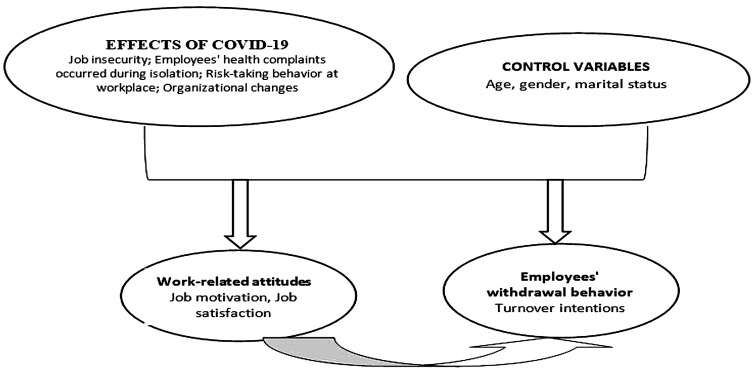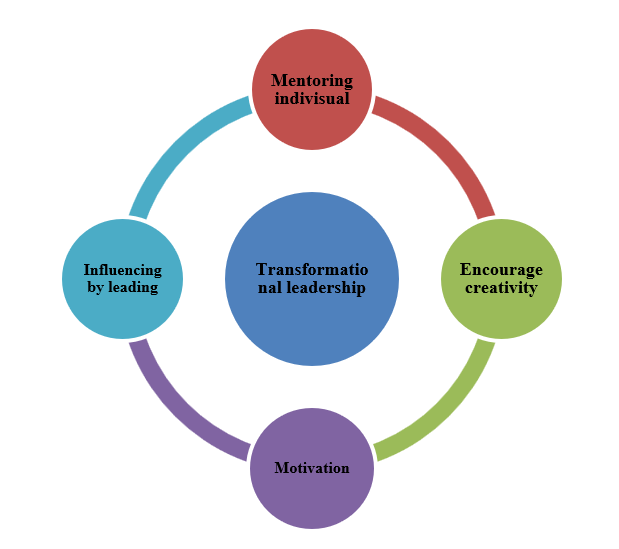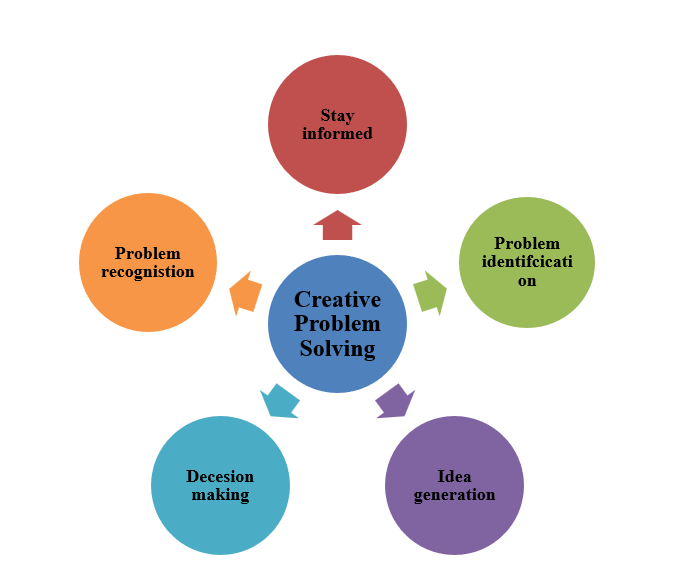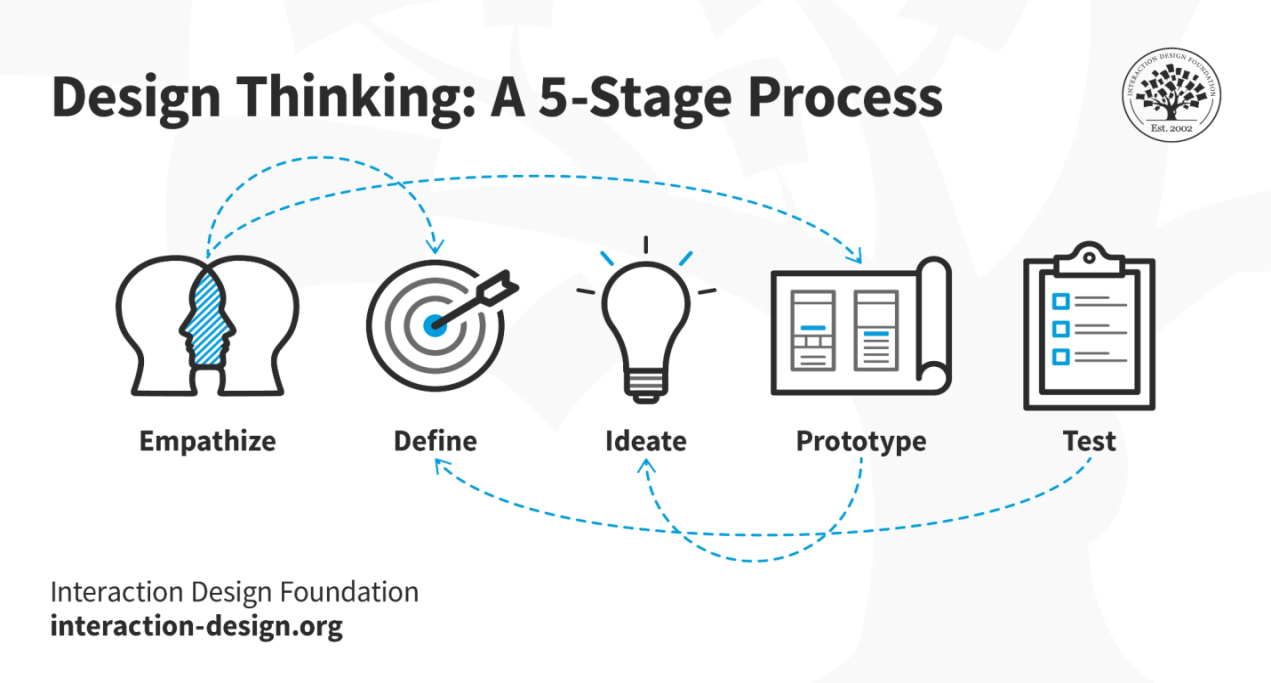BSS057-6 Corporate Innovation and Entrepreneurship Assignment Sample
Module code and Title: BSS057-6 Corporate Innovation and Entrepreneurship Assignment Sample
1. Introduction
“Tui UK” is one of the world’s leading tourism business organisations that operate its business globally with more than 1600 travel agencies, as well as over 300 hotels worldwide (Tui.co.uk, 2022). However, the recent pandemic situation has massively affected the overall business operations of the company in the UK as well as globally. The tourism industry has been adversely affected by the Covid-19 pandemic; however, different companies have been proactively focusing on creativity and innovation in business operations that helping those companies to survive and thrive.
Tui UK has also focused on different innovative ideas in its business operations; however, that innovation has been identified as ineffective for the company. In this study, vignettes have been selected an overall analysis of different innovation has going to be discussed and possible recommendations have also been proposed in this study.
2. Critical evaluation of Vignettes
Vignette A
During the Covid-19 pandemic situation, tourism companies faced critical challenges regarding their business operations such as increased customer demand and unable to meet those demands, shortage of labour, flight cancellations and others (Weed, 2020). In terms of overcoming these challenges, Tui has introduced some major initiatives; however, those initiatives have been ineffective for the company.
General power hours and master classes for staff training
In Vignette A the company have taken initiatives regarding team development and organisational management for meeting the demand of consumers such as “General power hours” and “master classes”. As per the opinion of Jaworski et al. (2018), proper training techniques help a company to increase the effectiveness of its workforce as well as help in meeting consumer demand in adverse business situations.
In the case of “General power hours,” these innovative ideas help the staff of a company to focus on their tasks without any distraction for around 60 minutes (Smirnova et al. 2018). In terms of analysing the ineffectiveness of this innovative strategy of the company, it can be identified that Lack of vision regarding the innovation, lack of guidance, and poor communication planning have the major factors that result in the ineffectiveness of this general power hours innovative strategy of the company.
 Figure 1: Affects of Covid-19 on employee behaviour and psycholog (Source: Bajrami et al. 2021)
Figure 1: Affects of Covid-19 on employee behaviour and psycholog (Source: Bajrami et al. 2021)
According to Bajrami et al. (2021), the covid-19 pandemic has massively affected the overall psychology and behaviour of employees in the hospitality industry regarding their job losses, organisational challenges, lockdown and others. Therefore, it can be identified that lack of focus and psychological fear has also impacted o the overall participation of training programmes that have not been mandated by the company.
As per the opinion of Musavengane (2019), in the case of training strategies lack of proper guidance, communication and vision has massively affected negatively the overall training of staff resulting in the failure of innovative strategies by a company. Along with that, bringing learning into the practical situation has also been identified as a major issue for the company to manage its employee and increase its training facilities to meet organisation goals.
Lack of effective leadership skills has also been reflected as a key factor regarding the ineffectiveness of the innovative training facilities (Malek et al. 2018). It has been identified that the company has not mandated training for every employee that can be considered another factor regarding the ineffectiveness of this innovative strategy.
Master classes approach for training
In the case of training programme development, some master classes have been delivered by an external trainer; in that case, lack of context for Tui and its business operations has been identified as the major factor regarding the ineffectiveness of master class training. As opined by Malek et al. (2018), lack of vision and poor leadership skills of trainers negatively affect an overall programme resulting in an ineffectiveness of the training programme.
Lack of context regarding Tui and its strategy of business operational strategies during the Covid-19 period in the master classes reduces the motivation as well as participation in the training programmes. In the case of Tui, the external trainer has followed the “Inflexible leadership style” for the master classes that create de-motivation, lower performance and participation. Focusing on the traditional approach of training and coaching as well as a lack of focus on flexibility creates issues for staff training that negatively impacts motivation and participation in a training programme (Ccl.org, 2022).
Therefore, in the case of Vignette A, it has been identified that a lack of effective leadership skills, poor communication skills, unable to practically implement learning into practice as well as the impacts of Covid-19 on employee psychology has been major factors regarding the ineffectiveness of innovative strategy for the training programme and staff development for Tui.
Vignette B
In Vignette B, Tui UK has taken some initiatives regarding the overall solution for overcoming the business crisis of the Covid-19 situation with the help of technical advantages. The company has taken initiatives to run “hackathon” for team development, and departmental collaboration to enhance business strategies structure and operations. Along with that, the company tackles initiatives regarding “light bulb laboratory”, “Annual forum launching”, “IT innovation meetings” and “Monthly innovation forums” for the overall business innovation strategies for development.
Hackathon running
Tui UK has introduced the hackathon running event regarding the finding out the possible approaches to mitigating organisational complex issues for business development during the critical business situation in the Covid-19 pandemic. The company has arranged a Northern regional hackathon in the year 2021 for addressing the issue of business operations. However, it has been identified that poor interpretation of the problem has not addressed the legal issues for the company resulting in the failure of the hackathon.
Besides, the “Unrealistic goals” of those hackathon of the company that has not been inapplicable for the tech teams and legal teams of the company and become failed. As per the opinion of Szymanska et al. (2020), unrealistic goals of the hackathon, as well as a lack of effective leaders regarding leading the programme, have been identified as the major factors that affect negatively a hackathon programme of a company regarding mitigating issues of the company. Besides, the lack of participants of IT participants has also been identified as a major factor that affects negatively this hackathon event of Tui in the UK.
On the other hand, a Data Science hackathon has been arranged by the company regarding mitigating business-related issues in the context of meeting consumer demands. However, it has been identified that a lack of infrastructure regarding technology implementation has been identified as the key factor that can be considered the major reason behind the effectiveness of Vignette B for Tui UK during and after the pandemic situation.
As per the opinion of Bell et al. (2019), lack of infrastructure, as well as lack of expertise, has affected negatively in a hackathon. In the case of the Data science hackathon, lack of tech infrastructure and lack of participants that have experts in user interface and software engineers has been affects the hackathon programme and it has become failed.
Lightbulb laboratory
The development of the Lightbulb lab by the commercial team of Tui UK can be considered an innovative strategy of the company to introduce innovative ideas regarding product or service development. However, it has been identified that these innovative techniques of the company have got failed due to mainly focusing on internal issues of the company. During the Covid-19 situation, the company has faced massive negative impacts from different external factors; however, this strategy has not focused on those issues and only covered the organisational internal issues.
As per the opinion of Weed (2020), shortage of labour, changes in consumer behaviour, unable to meet consumer demand, and lack of implementation of advanced technology in workplaces have been identified as the major external factors during the pandemic situation as well as the post-pandemic situation over hospitality sectors. Through the implementation of the lightbulb laboratory the company has been unable to reduce the external risk factor for the company and only focuses on organisational internal issues.
Marketing annual forum
The marketing team of the company has developed a forum that has been programmed every year focusing on the development of business strategies to improve customer experiences through their services and facilities. The main focuses of the annual forum have been identified as sharing innovative ideas regarding marketing as well as increasing customer experiences and providing customer satisfaction.
These marketing strategies of the company have been successfully implemented and positively impacted the company; however, rapid changes in consumer behaviour after the impacts of the Covid-19 pandemic have been identified as the major factor that affects the overall strategy of this innovative idea. Besides, a lack of decision-making skills, ineffective leadership skills of the marketing department as well as lack of proper communication skills has been affects the overall programme and it becomes failed.
Along with that, lack of innovation in the marketing of their brands and services during the pandemic situation has not been able to reach the targeted customer and gain positive customer experiences regarding their services.
IT innovation meetings
The IT department of the company has organised knowledge sharing and innovation meetings to address the business issues. However, this innovative meeting idea has got failed due to its complexity and context that has been identified as limited. As per the opinion of Malek et al. (2018), lack of vision regarding meetings as well as lack of motivation of the employees results in failure of strategy for business development.
In this case, as these meetings have been highly technical, therefore slack infrastructure, as well as lack of management, has been identified as the major factor behind its failure. Along with that, limitation in the discussion of the meeting that has been identified as not wider resulting in poor visioning regarding the future development of the strategies negatively affects the overall programme by the IT teams for the company. Lack of expertise regarding technology management has been identified as another factor that affects the overall programme.
Strategy monthly innovation forum
Strategy groups of the company have organised a monthly innovation meeting regarding the analysis of past successful projects. However, the lack of early cross-functional involvement of the group members affects negatively the overall forum has not been ground running for the company.
3. Recommendations
Recommendations for Vignette A
In the case of Tui and its innovative initiatives towards team development and effective training to the employees for structured problem solving, critical thinking, decision-making skills development “Brainstorming”, “Attribute analysis”, “Effective leadership skills” can be recommended. As per the opinion of Bittner (2018), Brainstorming has been identified as one of the effective strategies for staff training and team development as this technique helps staff to gather new ideas in a free-flowing manner.
Besides, with the help of an open-ended communication strategy of this technique, the staffs feel secure and safe regarding their decision for new ideas. On the other hand, analysis of attributes of the staff helps a company to analyse their roles and assigned them their specific job role that helps in enhancement of performances of the employees, as well as efficiency, has also been increased (Patwardhan et al. 2022). Besides, analysis of attributes of the employee helps the company in strategic planning, managing workplaces environment as well as workplace culture with proper communication.
 Figure 2: Transformational Leadership (Source: Self-developed)
Figure 2: Transformational Leadership (Source: Self-developed)
As per the opinion of Farahnak et al. (2020), focusing on the “Transformational leadership styles” of the leaders helps a company to increase its team development strategy by providing motivation to the employees, encouraging creativity as well as proper mentoring the employees. Through the adoption of these techniques helps Tui to successfully implement innovative strategies for business development with the help of proper staff training.
Recommendations for Vignette B
 Figure 3: CPS model of innovative strategy (Source: Self-developed)
Figure 3: CPS model of innovative strategy (Source: Self-developed)
In the case of Vignette B, implementation of Creative problems solving (CPS) approaches and Design Thinking approaches can be recommended as possible innovative solutions for Tui regarding its different complex problems. As per the opinion of Teng et al. (2020), the implementation of Creative problems solving (CPS) approaches helps a company to overcome complex obstacles in business operations.
Besides, this helps in the improvement of the services, products, and strategy of a company as well as improves employees’ skills regarding business management by improving communication skills, as well as interpersonal skills. Through the implementation of CPS, a company can increase the successful implementation of innovative ideas and creative decisions regarding business operations.
 Figure 4: Design thinking innovative strategy (Source: Interaction-design.org, 2022)
Figure 4: Design thinking innovative strategy (Source: Interaction-design.org, 2022)
Through the implementation of Design thinking and innovative approaches, a company can minimise the uncertainty regarding different risks associated with the business operations with the help of innovation. In Design thinking approaches a company take initiative by engaging customers through stages of prototypes for the overall development of concepts (Interaction-design.org, 2022).
According to Sándorová et al. (2020), with the help of Design thinking approaches a company can be introduced problem-solving skills by analysing customer demand as well as market research regarding products and services.
4. Conclusion
Through the overall analysis, it can be concluded that Tui UK has faced business operational issues due to the impacts of the Covid-19 pandemic on the UK hospitality industry massively. In terms of overcoming the different issues that have been developed by the Covid-19 pandemic, Tui UK has taken different innovative techniques and ideas; however, those innovative ideas have become failed due the different reasons.
In Vignette A, the company has primarily focused on team development and staff training techniques thigh general hours and master classes. It can be concluded that these innovative approaches to staff training have failed due to a lack of proper communication, ineffective leadership, unable to bring learning into practical implementation and others.
In the case of Vignette B, the company mainly focuses on Hackathon running events, innovative meetings, IT improvements as well as customer experiences improvement that has failed due to changes in consumer behaviours, decision-making skills, leadership skills and others. In the case of recommendation, it can be concluded that the company needs to implement “Brainstorming”, “Attribute analysis” and “Transformational leadership approaches” for the overall staff training, team development and business strategies development.
In the case of Vignette B, the company needs to implement the CPS model and Design thinking innovative approaches that help the company in creating innovative solutions for tackling complex organisational issues and further developing the company.
References
Bajrami, D.D., Terzić, A., Petrović, M.D., Radovanović, M., Tretiakova, T.N. and Hadoud, A., 2021. Will we have the same employees in hospitality after all? The impact of COVID-19 on employees’ work attitudes and turnover intentions. International Journal of Hospitality Management, 94, p.102754. https://doi.org/10.1016/j.ijhm.2020.102754
Bell, J.S., Murray, F.E. and Davies, E.L., 2019. An investigation of the features facilitating effective collaboration between public health experts and data scientists at a hackathon. Public Health, 173, pp.120-125. https://doi.org/10.1016/j.puhe.2019.05.007
Bittner, C.A., 2018. The importance of role clarity for development of interprofessional teams. The Journal of Continuing Education in Nursing, 49(8), pp.345-347. https://doi.org/10.3928/00220124-20180718-04
Ccl.org (2022). Adapting to Change Requires Flexible Leadership. Available from https://www.ccl.org/articles/leading-effectively-articles/adaptability-1-idea-3-facts-5-tips/. Accessed on 17.08.2022
Farahnak, L.R., Ehrhart, M.G., Torres, E.M. and Aarons, G.A., 2020. The influence of transformational leadership and leader attitudes on subordinate attitudes and implementation success. Journal of Leadership & Organizational Studies, 27(1), pp.98-111. https://doi.org/10.1177%2F1548051818824529
Interaction-design.org (2022). What is Design Thinking and Why Is It So Popular? Available from https://www.interaction-design.org/literature/article/what-is-design-thinking-and-why-is-it-so-popular. Accessed on 16.08.2022
Jaworski, C., Ravichandran, S., Karpinski, A.C. and Singh, S., 2018. The effects of training satisfaction, employee benefits, and incentives on part-time employees’ commitment. International Journal of Hospitality Management, 74, pp.1-12. https://doi.org/10.1016/j.ijhm.2018.02.011
Malek, K., Kline, S.F. and DiPietro, R., 2018. The impact of manager training on employee turnover intentions. Journal of Hospitality and Tourism Insights. https://doi.org/10.1108/JHTI-02-2018-0010
Musavengane, R., 2019. Small hotels and responsible tourism practice: Hoteliers’ perspectives. Journal of cleaner production, 220, pp.786-799. https://doi.org/10.1016/j.jclepro.2019.02.143
Patwardhan, P., Kerr, G., Patwardhan, H., Kelly, L., Habib, S., Mortimer, K. and Laurie, S., 2022. Ad Agency Leadership in the US, UK, and Australia: A Mixed-Method Analysis of Effective Attributes and Styles. Journal of Advertising, 51(2), pp.223-239. https://doi.org/10.1080/00913367.2021.1891159
Sándorová, Z., Repáňová, T., Palenčíková, Z. and Beták, N., 2020. Design thinking-A revolutionary new approach in tourism education?. Journal of Hospitality, Leisure, Sport & Tourism Education, 26, p.100238. https://doi.org/10.1016/j.jhlste.2019.100238
Smirnova, Z.V., Zanfir, L.N., Vaganova, O.I., Bystrova, N.V., Frolova, N.V. and Maseleno, A., 2018. WorldSkills as means of improving quality of pedagogical staff training. International Journal of Engineering and Technology (UAE), 7(4), pp.4103-4108.10.14419/ijet. v7i4.18638
Szymanska, I., Sesti, T., Motley, H. and Puia, G., 2020. The effects of hackathons on the entrepreneurial skillset and perceived self-efficacy as factors shaping entrepreneurial intentions. Administrative Sciences, 10(3), p.73. https://doi.org/10.3390/admsci10030073
Teng, C.C., Hu, C.M. and Chang, J.H., 2020. Triggering creative self‐efficacy to increase employee innovation behavior in the hospitality workplace. The Journal of Creative Behavior, 54(4), pp.912-925. https://doi.org/10.1002/jocb.419
Tui.co.uk (2022). About TUI. Available from https://www.tui.co.uk/destinations/info/about-us. Accessed on 17.08.2022
Weed, M., 2020. The role of the interface of sport and tourism in the response to the COVID-19 pandemic. Journal of Sport & Tourism, 24(2), pp.79-92. https://doi.org/10.1080/14775085.2020.1794351
Know more about UniqueSubmission’s other writing services:

